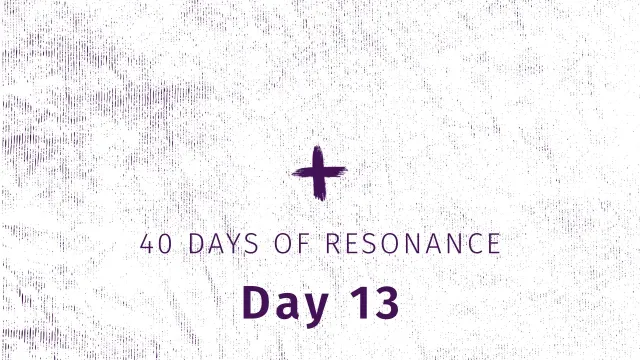I've written a lot about taking Jesus at His word. Most people have a tough time doing it when it means they have to accept something they may not like.

In that last part of John 6, people start to leave Jesus. Why? Because they come to a point where they've let the earthly outweigh the word of Jesus. It seems as though most of them were following Jesus not because of faith but because of the earthly spectacle and the self-centred focus on bread. Jesus Himself says this earlier in John 6, and towards the end of the chapter He ramps things up.
He says that He Is the Bread of Life. Which sounds great to a lot of people, when they consider it to be only a metaphor. But then Jesus starts talking in an unusual way: He starts talking less metaphorically. He starts talking about something that people misunderstand—which is a common theme in John—but instead of continuing to listen, they walk away.
(Just a pause here for a bit more insider business; the long-held debate in Lutheran circles over the literalness and/or figurative-ness of Jesus' language here in John 6 with respect to Holy Communion—especially in response to Luther's debate with Zwingli—isn't something I'm going to take up now but is a post for another time. I mention that only to say that I'm not ignoring it; I'm just not taking it up right now, other than to say there are—at the least—eucharistic overtones.)
The wider issue, though is, at what point do people stop listening to Jesus? At what point do they stop agreeing with Mary's admonition in John 2 to do whatever Jesus tells you to do? It seems like for many in that time, it was in John 6.
And the same is true today. It has to be said that there is a significant difference between teachings over the Sacraments, and I submit that the fundamental issue is that some continue to say, "here's the point at which I can no longer simply take Jesus at His Word". This is something that grieves me, because they're missing out on a huge part of what Jesus wants to give: the things of Eternal Life, tangible assurance of the forgiveness of sins, grace through visible means that leave no doubt about His love.
As Peter says when Jesus asks if the Twelve are going to leave too: “Lord, to whom would we go? You have the words of eternal life. We believe and know that You are the Holy One of God.” (6:68-69)
Would that we could always take Jesus at His word—the Word of Eternal Life.
